
Accurate segmentation of bone structures is crucial for diagnosing fractures, planning surgeries, and monitoring the progression of diseases like osteoporosis.

Alla Dortman | July 23rd, 2024
With 12 years of experience in the HR field, I have conducted countless interviews. In this article, I want to highlight why it is important to demonstrate your competence in an interview and provide practical advice on how to do so effectively. We will also explore the most common mistakes in self-presentation.
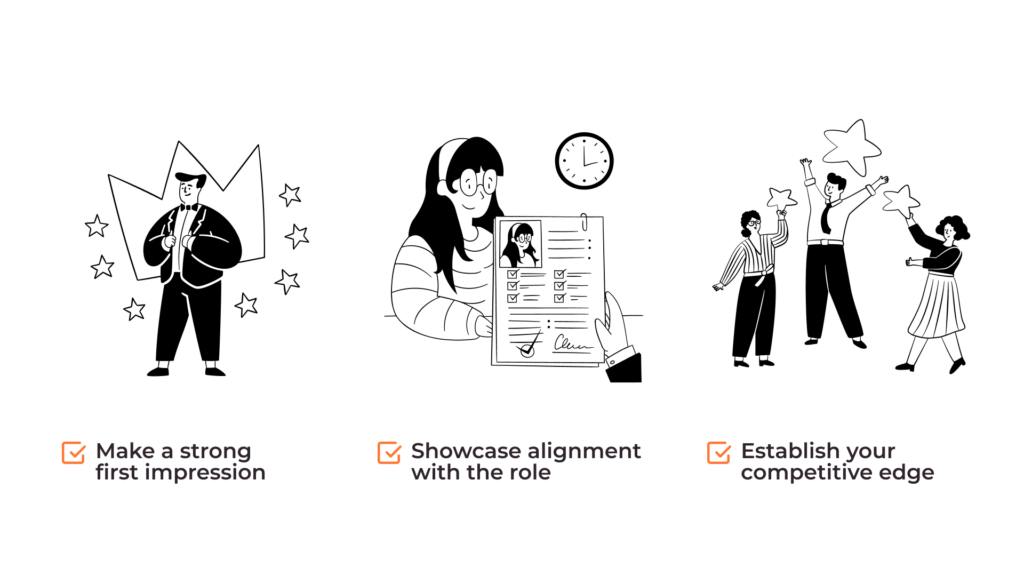
Despite my extensive experience in conducting interviews and understanding the stress applicants face, I can confidently say that everyone is, to some extent, influenced by the power of first impressions. Effectively showcasing your knowledge and skills can help you make a strong initial impression and assure the employer of your professionalism. When hiring a new employee, employers always take a risk. By demonstrating your competence, you mitigate this risk by proving that you can be an asset to the company.
Another crucial reason to focus on demonstrating your competence is the opportunity to validate that your experience and skills align with the job requirements. Employers seek candidates who can effectively handle the tasks at hand. By showcasing your experience and expertise, you confirm that you are well-suited for the position.
A third reason to meticulously plan how you present your expertise is that this establishes your competitive advantage over other applicants. By emphasizing your unique skills and knowledge, you distinguish yourself from other candidates, thereby increasing your chances of securing the job.
These are not all the reasons to prepare, but let’s pause here for now. So, what does it mean to competently demonstrate your expertise, and what mistakes should you avoid along the way?
 Speak the language of results, not processes
Speak the language of results, not processes
During the interview, focus more on the outcomes you have achieved in your workplace rather than detailing the process of achieving them. HR specialists prioritize this in an interview.
❌ Don’t: On the last project, I developed a course on 3D modeling. Despite the difficulties and the amount of work, I created lesson modules, scripts for all lessons, video lessons on all course topics, and a student knowledge assessment system. If needed, I can explain in more detail how each lesson was created.
✅ Do: On the last project, I developed a course on 3D modeling. I created 10 modules, including 30 lessons, wrote scripts for all 30 lessons, produced video lessons on 30 course topics, and developed a student knowledge assessment system that included tests, quizzes, and practical assignments.
 Use numbers as quantitative indicators of your professional performance
Use numbers as quantitative indicators of your professional performance
Let’s continue with these education-related tasks. To effectively showcase your achievements, I recommend identifying a list of target metrics for your educational product(s) before the interview:
❌ Don’t: Most of our students completed the 3D modeling course. Many of them were satisfied with it. I would also like to note that this is one of the most effective courses I have implemented over the past few months.
✅ Do: After completing my latest educational project on 3D modeling, my team and I achieved the following educational product metrics:
Additionally, I recommend making an overall conclusion for all metrics at the end and briefly commenting on each indicator. This will effectively highlight your analytical skills, which are highly valued in the EdTech sector.
 Demonstrate areas of responsibility
Demonstrate areas of responsibility
Areas of responsibility highlight your independence and ability to take ownership of results. To effectively convey this, consider the following questions:
In the eyes of HR professionals, the more extensive your area of responsibility, the higher your qualification appears.
❌ Don’t: I was responsible for developing the educational product from scratch, including design, methodical support, interaction with curators, and promotion.
✅ Do: At my last workplace, I was responsible for:
By comparing the incorrect and correct examples, you can see how specific wording enhances the overall impact. Pay special attention to the terms that strengthen your presentation.
Always inform HR about your professional interests. For instance, I write articles for a professional blog. Demonstrating your competence in an interview not only enhances your chances of securing the job but also lays the groundwork for future career growth within the company.
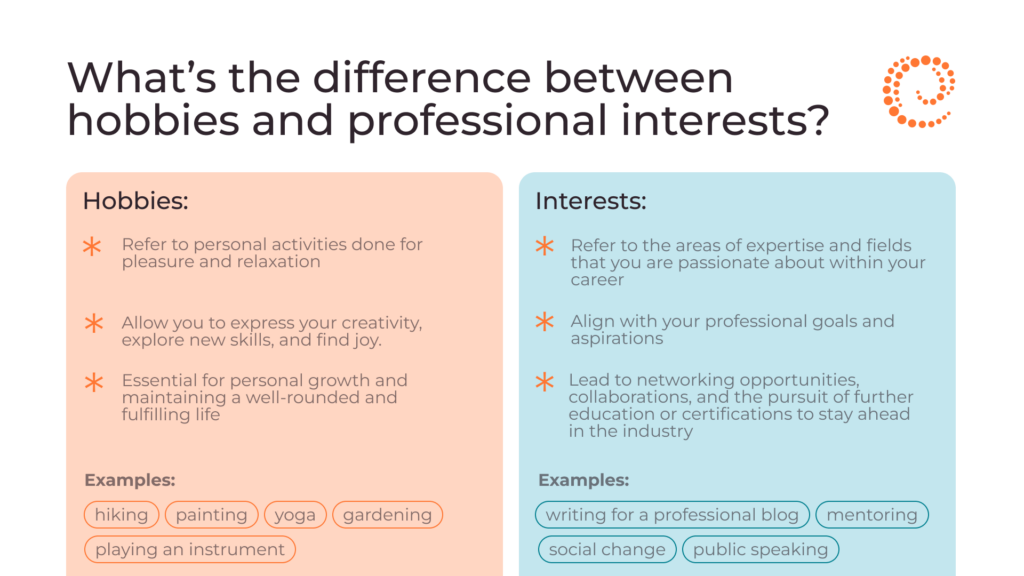
Acing an interview is not just about showcasing your resume, but also about demonstrating your competence with confidence. By focusing on these three essential tips, you can effectively highlight your skills and experience, making a strong impression on potential employers.
Remember to prepare thoroughly, avoid common self-presentation mistakes, and leverage your unique strengths to stand out. By doing so, you’ll not only increase your chances of landing the job but also pave the way for future career success. Shine in your interview and show the world what you’re truly capable of!

Accurate segmentation of bone structures is crucial for diagnosing fractures, planning surgeries, and monitoring the progression of diseases like osteoporosis.
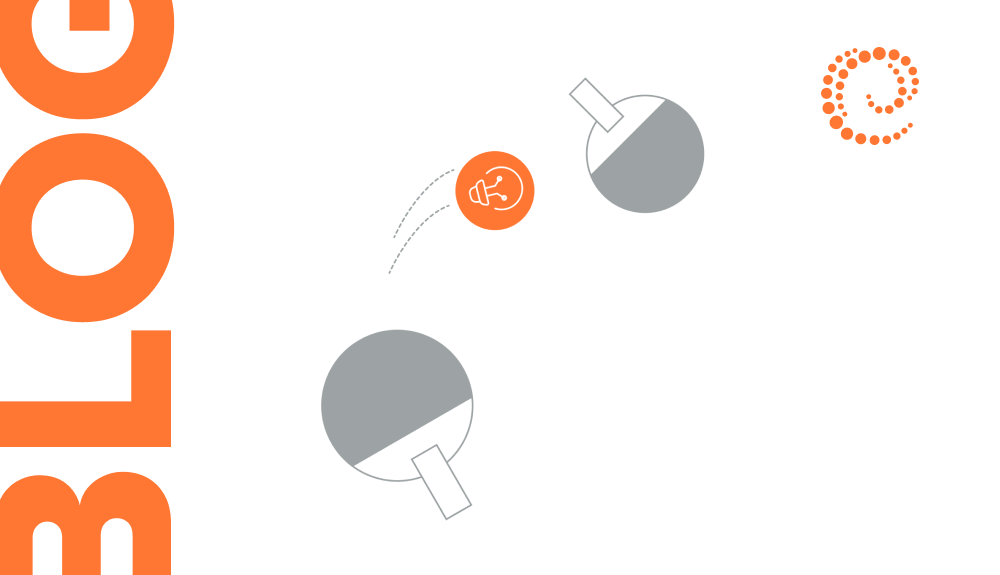
Accurate segmentation of bone structures is crucial for diagnosing fractures, planning surgeries, and monitoring the progression of diseases like osteoporosis.

Let’s face it – every interview is a bit of a test, right?
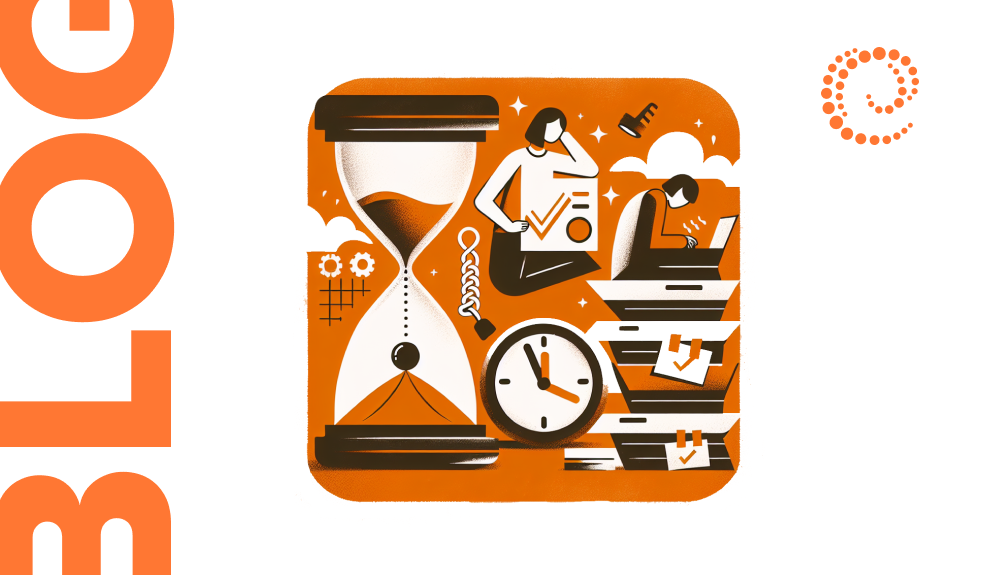
Productivity is usually about how many tasks you can complete in a certain time, like writing texts, doing code reviews,…

During my long HR career, I have conducted over 1000 interviews for a wide range of IT positions.

During my long HR career, I have conducted over 1000 interviews for a wide range of IT positions.
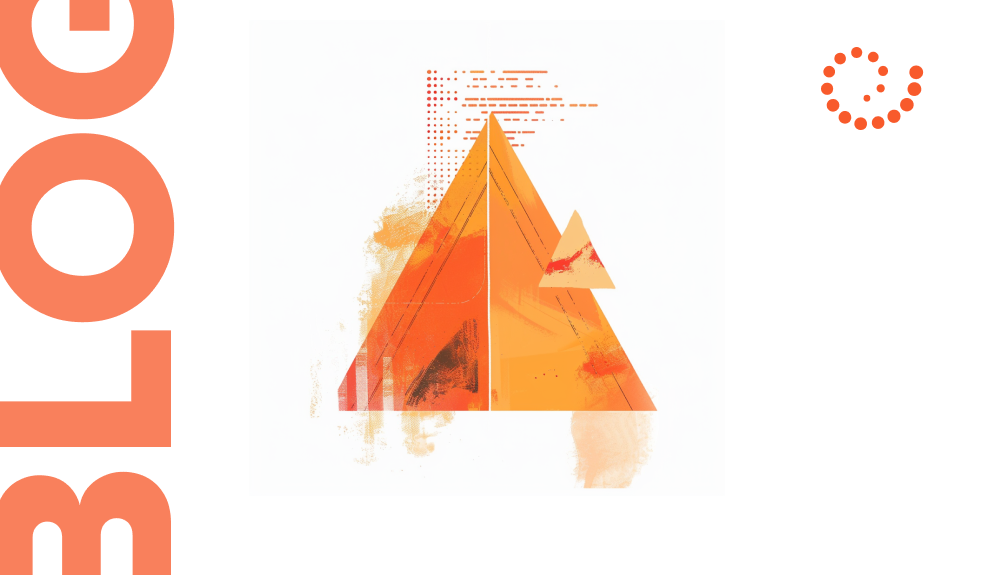
Have you ever sat at lunch with colleagues when one of them starts telling a story that doesn’t interest you?…

In 12 years of interviewing, I've seen a change in candidates' approaches to telling their stories from retelling their CVs…
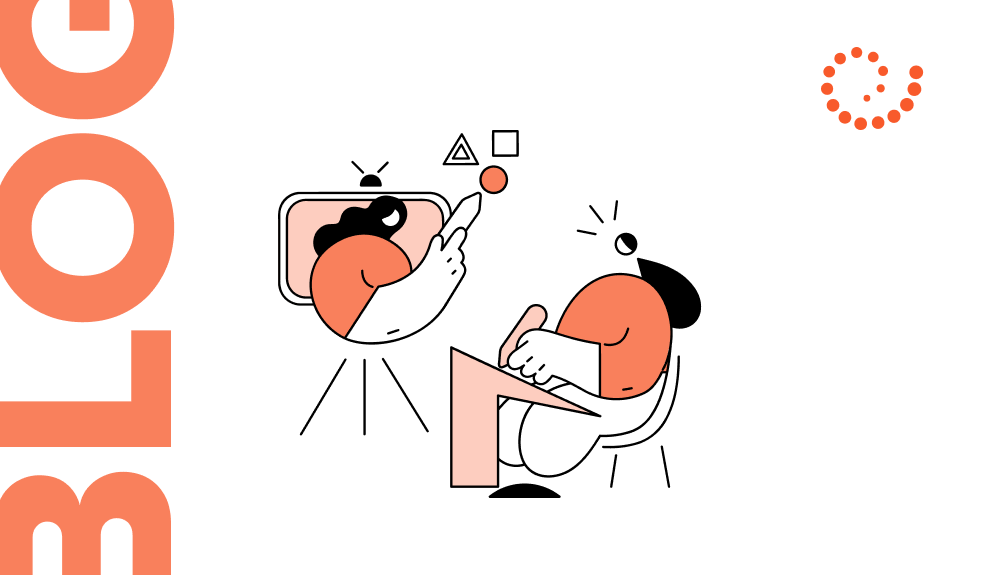
A company's success in the IT market depends to a large extent on its ability to respond quickly to changing…

HRD, Certified career coach
Discover more about Setronica and explore exciting career opportunities by visiting our dedicated career page.
Setronica is a software engineering company that provides a wide range of services, from software products to core business applications. We offer consulting, development, testing, infrastructure support, and cloud management services to enterprises. We apply the knowledge, skills, and Agile methodology of project management to integrate software development and business objectives effectively and efficiently.
contact@setronica.com
+1 929 260 3113
Slovenia:
Kolodvorska 7, 1000 Ljubljana
USA:
211 E 7th St, Austin, TX 78701
© Copyright 2024 Setronica. All Rights Reserved.
